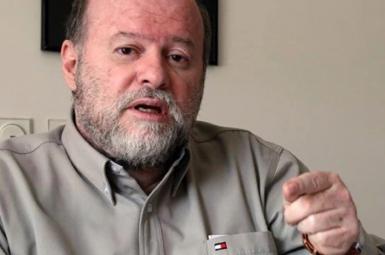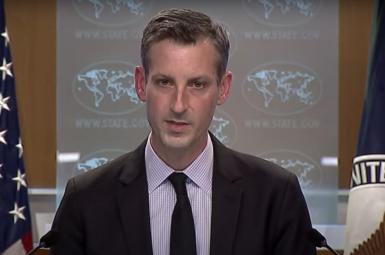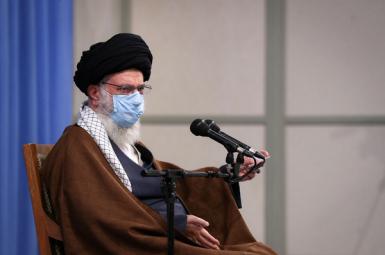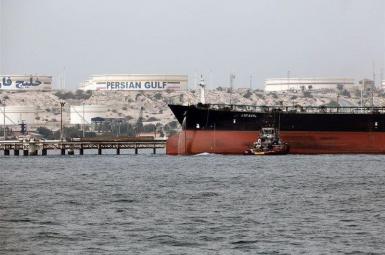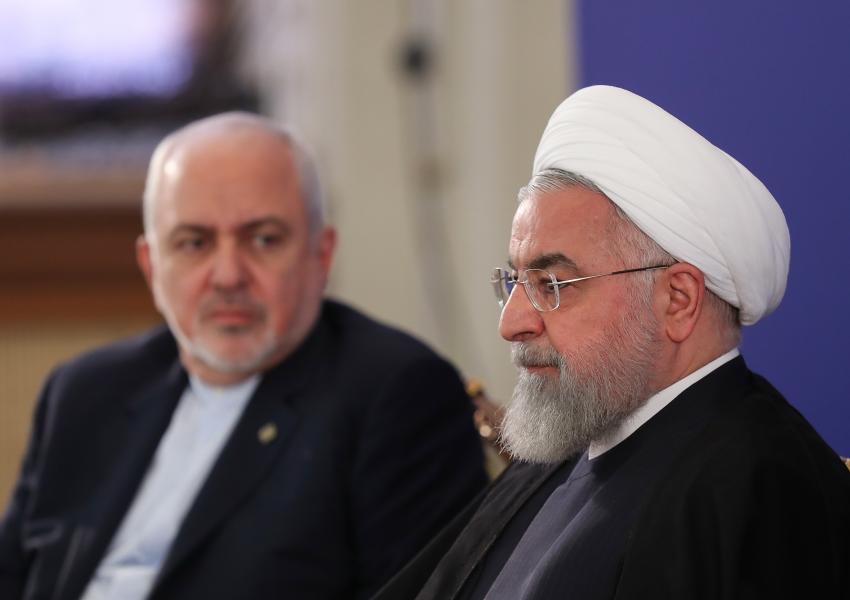
Rouhani’s Manifest for Becoming the Leader
Hassan Rouhani, Iran’s president, found a great opportunity at his meeting with Foreign ministry staff on August 6th to express – in metaphors of course - his manifest toward taking the leadership role, replacing Khamenei and helping the nation survive the crisis.
There are chapters in his projected manifesto for cooperating with the world from the position of strength, relying on smart diplomacy, avoiding tensions in foreign policy, uniting all factions in the pyramid of power within the regime, entering direct dialogue with the US, finalising the costly nuclear program with a referendum, and holding the leadership accountable.
He referred to his track record as president to prove the logic and feasibility of his manifest. He added that provided this route is taken, the Islamic regime will pass the threat of collapse and secure its immortality.
Nomination Before Selection
Rouhani’s knowledge of the political system and the path a leader must take to ascend to power is based on his forty years of first-hand and unique experience in the regime.
He knows that announcing one’s nomination for the leadership earlier than its right time would cost the nominee political assassination and demise. He clearly remembers that the plots against Hussein Ali Montazeri – the successor of the leader in the 1980s – hiked up when Ayatollah Khomeini’s health began to deteriorate.
Since the topic of Khamenei’s succession got public, all possible figures have lost the game. There are two speculated candidates still in the game; one is Sadegh Larijani who seems desperate and it is rumored he’d fled the country. The other is Ebrahim Raisi who lost the presidential election to Rouhani.
Rouhani also remembers the only previous incident of a change of leader in Iran’s history was when the second powerful man, the president, replaced the first, the leader.
The Promise for the National Unity Government
Rouhani’s speech was different from his previous lengthy, recurring and boring talks. It was diverse and intentional, tried to offer an eclectic politico-philosophical definition of a nation as well as the role of the state in a free and elective system.
Even though the major part of his manifest was maneuvering between domestic allegiance and a display of unity, his double-sided messages about “cooperation with others and reliance on diplomacy” sought foreign audiences. “I am insisting on constructive cooperation today. Foreign policy is the way for the whole nation’s relation with others. So it can’t be related to only a faction, party or group”, he added.
He did not explicitly promise to transit Iran from a “revolutionary-ideologic” regime to a normal system with free political parties but asserted: “If we want a united nation, we will need a united foreign policy. Separating different important parts of the power resources of a nation weakens them”.
He subtly compared his conduct as a president with what he could do in the leadership position and made it clear that he will transform the leader role to an accountable, responsible one, which is a representation of the majority. He also said “as a president, I make my positions clear about a range of issues. But if I send a bill to the parliament and it is changed by the MPs, I obey and sign the changed bill into law. We all have to follow the law.”
He hinted some knowledge of foreign powers’ interest to create the ground where a certain individual could ascend the ladder of power -even though it is not possible all the time, Rouhani pointed out that “while it is hard to establish a constructive collaboration with the world, confronting the world is simple and needs no efforts”.
Rouhani also implicitly alluded to the unlimited power of the leader in Iran by saying “our system is based on the majority’s opinion, so we get our legitimacy from the people and we should abide by what they demand. Rulers in the Islamic Republic must be people’s representatives and no role should be above people’s representatives.”
He touched on the current regime’s transformation to a system based on free public votes and highlighted the 6th and 59th principles of the constitution regarding election and referendum with respect to crucial issues. “If the 6th principle is implemented properly, our system will remain. But if we neglect it, we’ll face existential challenges soon” Rouhani added.
Rouhani reminded everyone of the lasting achievements of the Iran deal (JCPOA) – which facilitated three-million- barrel oil export per day for Iran. Then he posed the Americans’ favorite question about “why an agreement with great benefits cannot become a permanent deal?”

